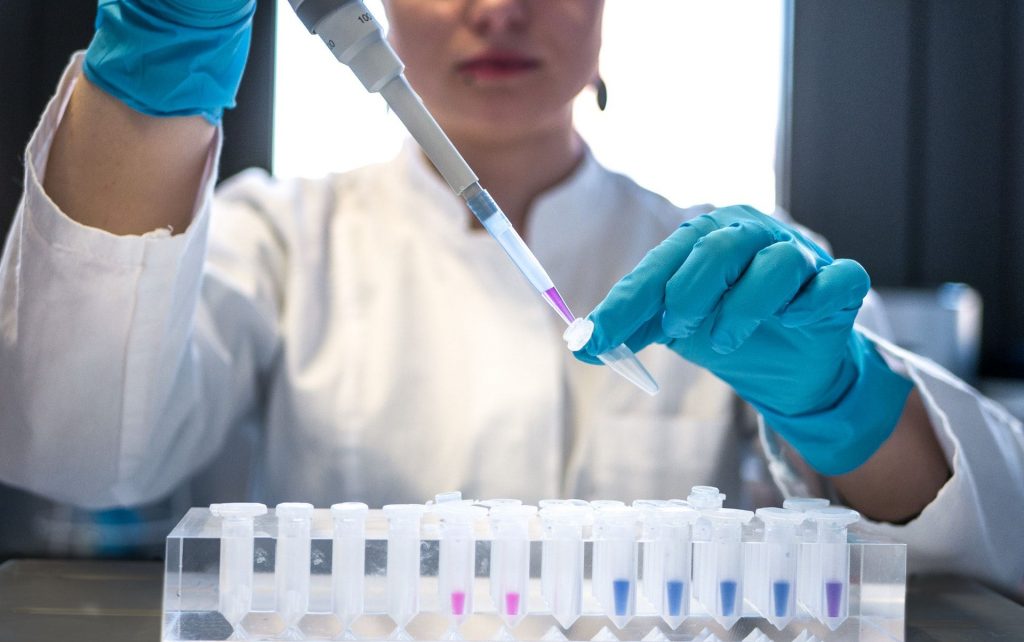Three shifts for improving the governance of emerging technologies
By Basil Mahfouz, on 11 June 2022
Without a coordinated global response, emerging technologies could quickly transform our world into a dystopia. By 2050, the lack of climate action may push mankind towards experimenting with planetary systems via geoengineering, lethal autonomous weapon systems could be deciding who lives and who doesn’t, while neuro-technologies will challenge the definition of what it means to be human.
To understand how to manage the societal impact of these technologies, on 16 May 2022, I joined 29 other specialists representing 21 countries at the Science Diplomacy Week Immersion Programme, a forum co-organised by the Geneva Science and Diplomacy Anticipator (GESDA) and the United Nations Institute for Training and Research.
The discussions highlighted that effectively governing frontier technologies requires three fundamental shifts across international science diplomacy: (1) adopting a proactive approach towards solving challenges, (2) leveraging cutting-edge computational tools, and (3) systemically scaling access to scientific knowledge.

 Close
Close



